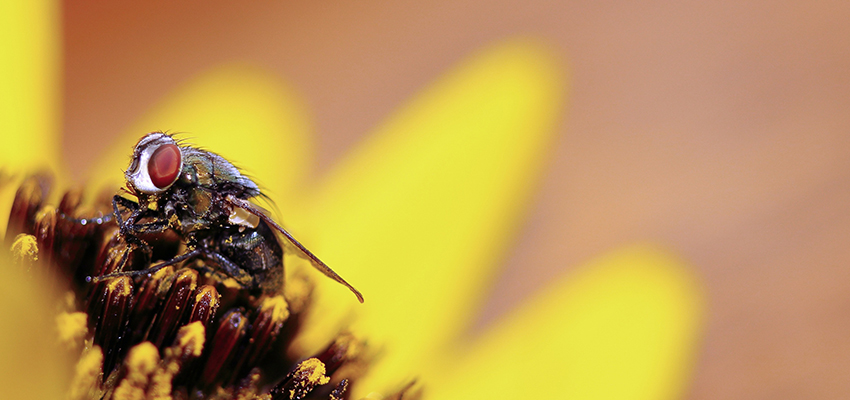Spring and summer are time for outdoor fun. They’re also the season for bees, wasps, and hornets. Uninvited guests with stingers can put a damper on your outdoor fun.
Seeing an occasional pest may not cause much concern; but if you begin to see them more often or detect them flying in and out of an area near your home, you will want to take precautions.
Here are some facts about bees, wasps and hornets to help you stay safe and pain-free this summer:
Bees
There are three main kind of bees spotted in North America: Honey bees, Carpenter bees, and Bumble bees. Bees live in hives with one queen bee, thousands of worker bees, and some male drones. In the spring, a queen bee can lay up to 2000 eggs a day.
When the hive grows too large, the queen bee will leave the hive with a younger queen and swarm (leaving with guard bees to find a new home and start a new hive.) They’re usually docile when swarming but should not be approached. Africanized bees can be very aggressive and harmful if threatened.
Since they are so important for food production, it’s recommended you contact a professional to relocate the hive rather than try to do it yourself.
During the winter, the hive will die out leaving only the queen to hibernate in a warm place and start the hive over again in the spring.
Wasps
Many wasps live in colonies; however, some are singular. Wasps help by feeding on other insects and help pollinate some. However, they can be aggressive; and unlike bees, can sting multiple times.
Wasps are usually looking for:
a food source (they like sweets, protein, and insects.)
a nesting site (Paper nests above ground but some nest in burrows or inside walls.)
a place to hibernate during the winter
As with the bees and the hornets, the hive dies out in the winter while the queen hibernates.
Hornets
Hornets are related to wasps but are larger. The wasp is usually 1 inch or less while the hornet can grow from 1–1.5 inches. Hornets are aerial – building their paper-like nests at a protected height. They prey on other insects and rarely have an appetite for sweets and proteins. They are very aggressive if the nest is disturbed.
All the species can cause an infestation problem if they get in your house and build inside your walls or attic. Infestations are much harder to deal with, because it’s difficult to pinpoint the location of the nest and how to reach it. A qualified professional is your best bet. They are trained, know what types of products to use, and have the equipment required to safely handle any situation.
Have fun and keep your family safe this summer. If you have a problem with any of those flying pests, contact us for help. We can safely handle the issue so you can get back to enjoying the outdoors without the sting in summer!


Recent Comments